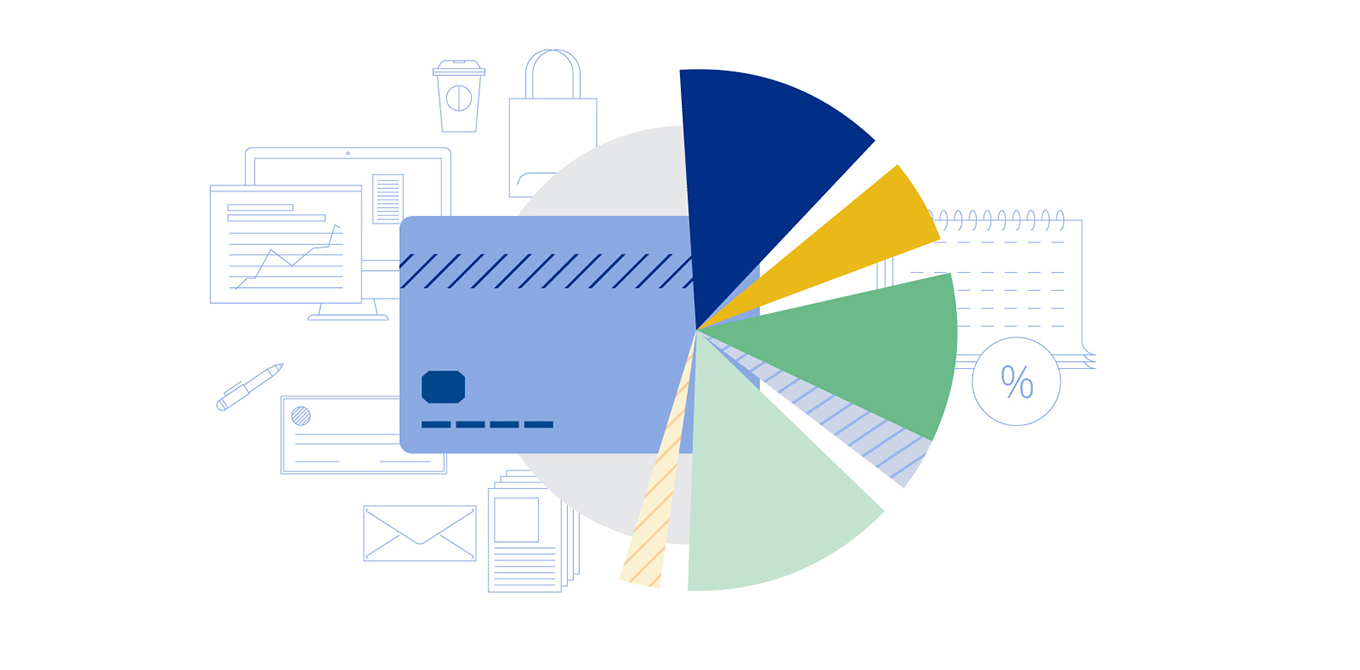5 Ways to Avoid Overspending During the Holidays
According to a recent Gallup Poll, Americans plan to spend $932 on average for gift-giving during the 2022 holiday season, a significant increase from last year's average of $837. Inflation may be to blame as people anticipate needing to spend more this year.
Fortunately, there are a few simple strategies shoppers can use to stretch their dollars and reduce shopping stress. Here are five tips to help you create a thoughtful and joyful holiday season for your loved ones—and your wallet.
1. Adjust Your Monthly Budget
If you haven't already set aside money for gift-giving, it might be difficult to find cash in your budget at the last minute. Look for areas where you can temporarily reduce or reallocate spending. Perhaps you no longer need to pay for summer yard services or your child's sports league has ended, and you can add that money to a holiday savings account. Or consider a 30-day challenge of giving up a luxury expense.
Once you know how much you have to work with, make a list of gift recipients and assign a dollar amount to each. Maximize your dollars by shopping seasonal sales and events. If you're shopping online, download coupon browser extensions or use savings apps. Don't forget to sign up for retailer email lists, too. New subscribers are often sent coupons to use towards their next purchase. And when you're in the store, ask at the register whether there are online coupons you can use on the spot.
2. Avoid the Wrap Trap
Wrapping paper, ribbon and gift bags — often purchased at the last minute — can bust your budget if you're not paying attention. The easiest way to avoid this expense is to take advantage of free gift wrap services whenever you see them. Some retailers will do the job for you, while others might offer a wrapping station. Another way to save is to creatively wrap your gifts. Decorate inexpensive brown paper, use the gift itself as a wrap (think tea towels or a scarf), or go with old standbys like newspaper. Finish the look with twine, colored string, or ribbon scraps paired with a pinecone or a clipping from an evergreen tree.
3. Give One Big Gift
Instead of buying individual gifts, consider giving group gifts to your friends and relatives. Board games, a piece of art, or a fun kitchen appliance (s'mores maker, anyone?) can be used and appreciated by multiple family members.
4. Give the Gift of Experience
Life can be so busy, and often families aren't able to spend as much time with one another as they would like. Giving the gift of a unique experience is one way to create lasting holiday memories. Experiences could range from tickets to a play, a sporting event, or even a cooking class.
5. Reimagine Traditions
Many people grew up with specific traditions for gift-giving, events, and family gatherings. If these traditions are costly, you don’t have to opt-out, just rethink and create potential new traditions.
Rather than buy gifts for everyone you could exchange names, so each person is only buying for one recipient, establish spending limits, or do a themed gift exchange. Make your holiday party a potluck so you’re not footing the bill for an entire holiday meal. And for activities, consider starting a holiday scavenger hunt, driving around to see light displays, or volunteering as a family.
Holiday celebrations don't have to derail your financial goals. These simple changes can keep your budget on track so you can focus on the spirit of the season.




